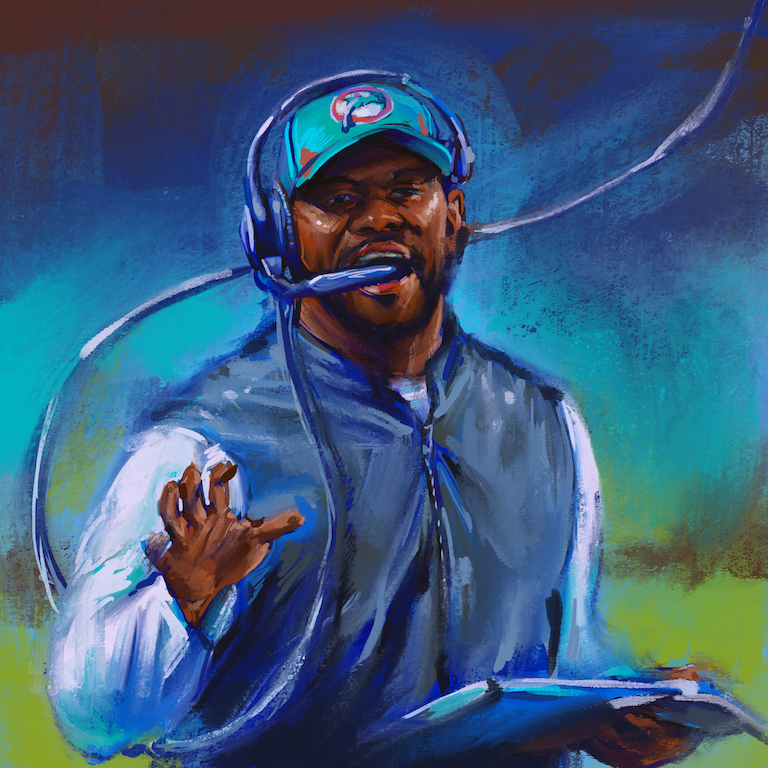Every year, the U.S. Supreme Court (or SCOTUS, which seems to be the trendiest of terms right now) is asked to review approximately 7,000 cases. They generally accept between 100 and 150 of those cases. The late Ruth Bader Ginsburg served on the court for 27 years before her passing, and she reviewed more than 3,000 cases during her tenure in the Supreme Court. The newly appointed Amy Coney Barrett is 12 years younger (48) than Ginsburg was at the time of her appointment (60) meaning she’s most likely going to see even more cases than Ginsburg did. This is exciting news to some, and frightening news to others. Barrett’s appointment replaces one of the most progressive-minded Justices the court has seen with an individual who has been deemed the second-most conservative Justice on the court based on analytics relative to rulings the Justices made when they were on Appeals Courts.
Given the real possibility that Justice Barrett serves into her eighties, as many do, the list of cases she can expect to review is quite high, but with a Republican Senate that was aggressive enough to get her confirmed before the election, there are some issues that are expected to reach her proverbial plate very soon, as the Court took a big swing to the right when Barrett took Ginsburg’s seat last week. Here are 2 major issues that could change drastically (and soon) with Amy Coney Barrett now part of the highest court in the land.
Voter Rights
During Justice Barrett’s hearing, she was asked if she believed that voter discrimination still exists in America, and she declined to answer. To say that Ginsburg believed that voter suppression existed would be an understatement, as she earned her nickname “Notorious RBG” following a dissent she wrote regarding the 2013 Shelby County v Holder decision which she believed would cause suppression, because it allows states to limit polling places and impose stricter voter ID laws. In the 7 years since that decision, 23 states have passed laws restricting voter rights and limiting poll places, acts that made Vice Presidential candidate Kamala Harris go as far as to say, “Voting discrimination still exists, no one doubts that” in response to Barrett’s choice to not answer. Barrett is self-described as an originalist and textualist, meaning she claims her opinions are formed based on how given text was written at the time it was written. At first thought, that makes most folk think, “Oh, she just wants old laws to stay the same,” but that is not the case. She believes laws should be re-written by Congress frequently, including the Voting Rights Act of 1965, and those new laws should be reviewed with the same “when they were written” viewpoints. Given that the Senate majority is currently Republican, she is pretty much saying that she hopes that laws that may have been written by liberals now get re-written by conservatives and sent back to the court… which is also now conservative-leaning.
She claimed the Voting Rights Act hadn’t been changed in 50 years, as a way to make it sound like an old crusty law needing revamping, but in reality it was changed as recently as 2006, something you would expect a Supreme Court Justice to know (which I opine that she did, and she lied). If the Voting Rights Act gets gutted again, with a Republican Senate, it’s fair to expect regression related to the enfranchisement of American citizens, especially minorities.
Reproductive Rights
Roe v. Wade made abortion legal in the United States in 1973. Though there have been countless laws at the state levels surrounding abortion, the Roe v. Wade decision has remained the law of the land. Touted as a “homerun for anti-abortionists,” the Barrett confirmation could prove to be the straw on the camel’s back, as far as overturning Roe v. Wade. Many states, including Arkansas, Kentucky, Louisiana, and Mississippi already have laws in place that would outlaw abortions at the state level the second Roe v. Wade is overturned (if ever that should happen… it’s a legitimate toss-up, but reason to stay informed if you’re a woman who is crazy enough to believe that a male-dominated U.S. government shouldn’t be telling women what they can and can’t do with their bodies regarding their own well-being).
In an article she co-authored, Barrett referred to abortions as being “always immoral,” but claims to have done so from a religious standpoint, and also claimed that she believed that “Judges cannot align our legal system with the church’s moral teachings whenever the two diverge.” As a self-proclaimed originalist, keeping church and state separate is something the U.S. has been claiming to do since about 1776, but we can only wait and see what will happen regarding Roe v. Wade.
Timeframe
According to Planned Parenthood, there are 17 abortion cases just “one step away” from the Supreme Court, and though some are pretty wild, like a Texas law that would require burial of fetal tissue after an abortion, most are relative enough to the right to abortion, itself, that Justices could ultimately overturn Roe v. Wade as part of their decision regarding any number of these cases, which the court expects to see in the next year. The Voting Rights Act might (hopefully) be a little safer, as gutting it is not as hot a topic as abortion, and Barrett’s own opinions on it don’t seem to be quite as staunch as those related to abortion. Nonetheless, there is reason to keep a very close eye on what is being sent to the SCOTUS desk, and also a reason to not forget about those Senators when you go vote today!




